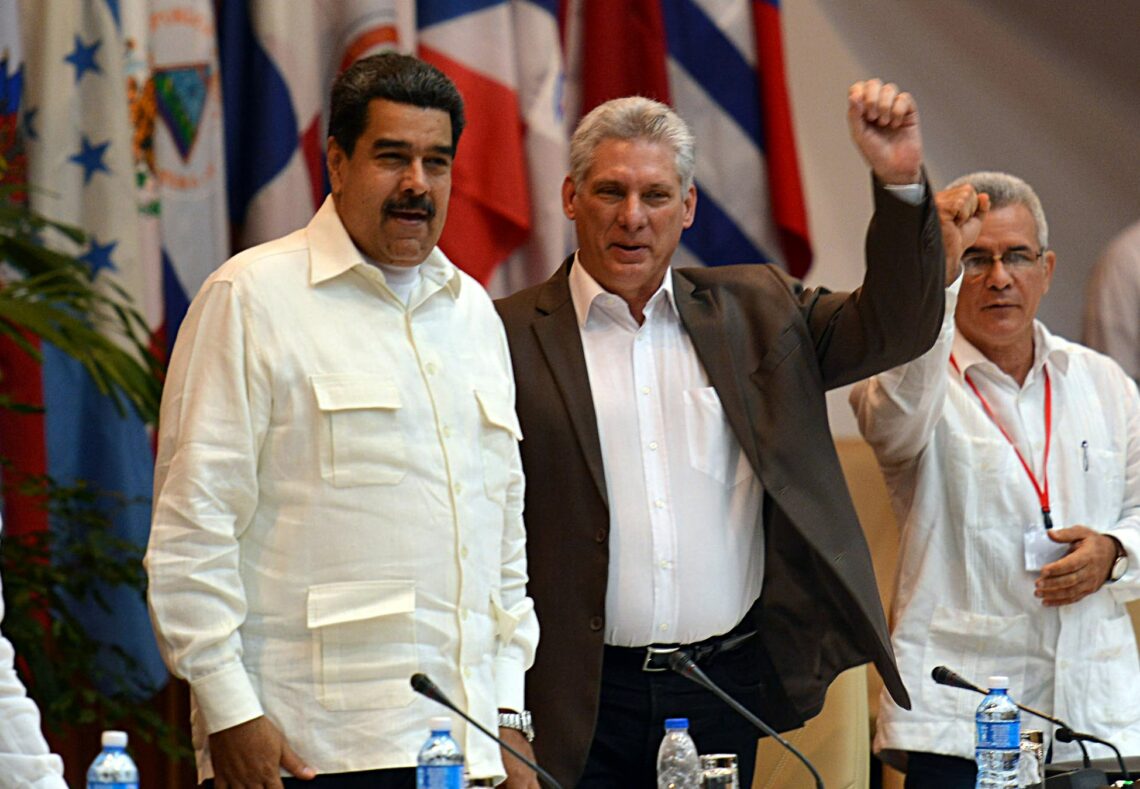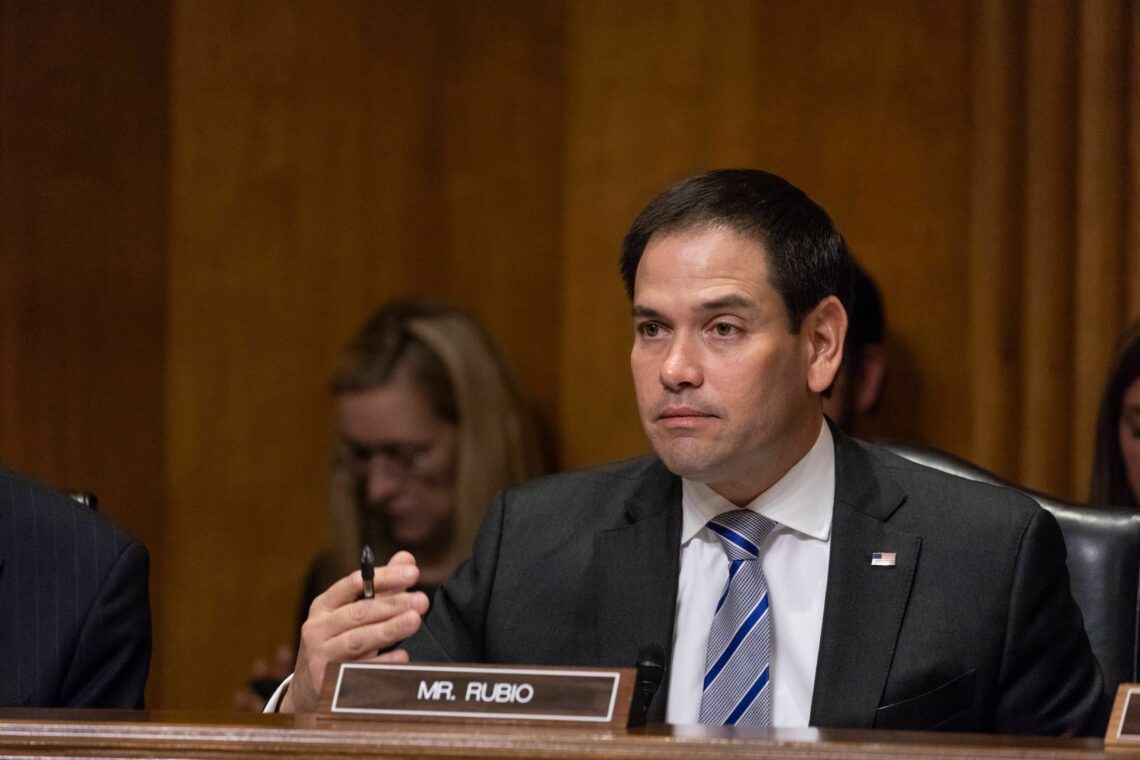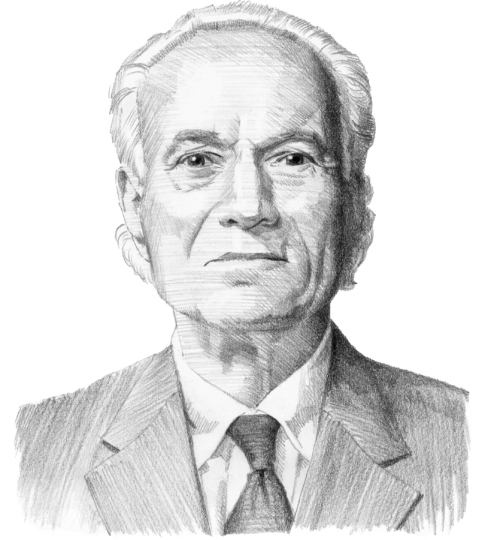Is Cuba entering another ‘Special Period’?
While the regime in Havana has successfully transitioned to a younger team, the situation in the economy of Cuba looks increasingly dire. Funding and petroleum from Venezuela have run dry, and Washington has ratcheted up sanctions. Can the Cuban regime weather the storm again? And if so, at what cost to the country’s people?

In a nutshell
- Cuba has made a successful transition to new leadership
- The economic situation looks increasingly difficult
- U.S. policy both helps and hurts the regime
- Cubans’ living standards will likely decline
The past two years have been eventful ones for Cuba. Raul Castro stepped down as president and was replaced in April 2018 by the much younger Miguel Diaz-Canel. Mr. Castro remains First Secretary of the Communist Party and head of the armed forces, so his hands are not far from the levers of power. In February 2019, after months of public discussion, a new constitution was approved.
Politically, the regime seems to have successfully transitioned to a younger generation and consolidated its power. Reflecting its newfound confidence, in July the government announced freer access to the internet for individual Cubans.
Economically, the regime has far greater problems. Over the past two years, Cuba’s principal patron, Venezuela, has fallen into profound crisis. Caracas has cut its generous shipments of subsidized petroleum and virtually ended the grants and loans that had funded nearly a third of the Cuban government’s budget over the past two decades.
Just as Venezuelan aid was falling, the Trump administration imposed new sanctions on Cuba.
Just as Venezuelan aid was falling, the administration of United States President Donald Trump imposed new sanctions on Cuba. It tightened travel restrictions to the island by U.S. citizens and put limits on the remittances that Cuban-Americans can send to family members there.
The collapse of the Brazilian construction giant Odebrecht was another big economic blow. With Brazilian financing, Odebrecht was contracted to build the new superport at Mariel, about 40 kilometers west of Havana. The project can only go forward with external financing, and the Cubans are now trying to obtain Chinese backing.
These difficulties will reduce the growth of Cuba’s gross domestic product (GDP) in 2019 to near zero. If no remedy is found, the economy could even shrink. Will Cuba experience economic devastation similar to the acute decline that followed the collapse of the Soviet Union in 1991, when the country’s GDP fell by 35 percent? In Cuba, those years are known as “the Special Period.”
Economic distortions
Since the 1959 revolution, Cuba has been remarkably dependent on external patrons, first the Soviet Union and then Venezuela. The total aid Cuba received from the Soviet Union is estimated at $65 billion, while the value of Venezuelan subsidies from 2002 to 2017 is estimated at $17 billion.
On one hand, the huge aid flows indicate Cuba’s geopolitical significance during the Cold War and its considerable hard power. Its soft power also increased in the hemisphere because of its importance to the Latin American left (under the leadership of former Venezuelan President Hugo Chavez) and to the anti-U.S. alliance known as ALBA.

On the other hand, the U.S. response, in the form of the embargo did tremendous damage to the Cuban economy. There are no definitive studies of the total cost of the U.S. embargo to Cuba, but in a recent discussion the former chief of the U.S. Interests Section in Cuba, Ambassador Vicki J. Huddleston, estimated that it probably came very close to the value of the subsidies Cuba was receiving.
Whatever the actual numbers, it is clear that both the subsidies and embargo have so distorted the Cuban economy that it is difficult to evaluate how it is doing at any given time. To make matters worse, the dual-currency system (the country uses a dollar-pegged “convertible” peso for international trade while most Cubans are paid in “national” pesos) makes it hard to determine which exports are profitable. However, exports have likely fallen by more than 50 percent since 1999.
Peculiar export
Over the past two decades, Cuba has developed a peculiar export in the form of professionals – doctors and teachers primarily, and, in the case of Venezuela, intelligence officers. More than 220,000 professionals went to Venezuela during this period, and another 100,000 went elsewhere – the largest block of these to Brazil. Meanwhile, over 300,000 Venezuelans have traveled to Cuba for medical attention.
There is little doubt that the government in Cuba will withstand U.S. pressure.
The “value” of these professionals and of the medical services provided on the island was a subject of delicate annual negotiations between the Cuban government and those governments with which it had agreements for these services. The administration of President Jair Bolsonaro in Brazil has ended an agreement with Cuba for medical services in poor and remote areas. Still, nearly half of the Cubans residing in Brazil have decided to stay, representing a significant loss of human capital for Cuba.
U.S. policy
Ironically, the Trump administration has given Cuba a geopolitical boost in Latin America while dealing it a crushing economic blow through the enhanced sanctions. Also, none of the countries in Latin America find it comforting to have the administration’s policy for the region in the hands of a small group of Cuban-Americans led by Senator Marco Rubio, whose primary focus is the downfall of the regime in Havana.
For the moment, Senator Rubio appears to have U.S. policy set on regime change in both Cuba and Venezuela. That posture, displayed by former National Security Advisor John Bolton at a recent meeting in Lima to discuss a possible transition in Venezuela, has upended the efforts of the Lima Group, with the help of Norway, to promote negotiations between the government of Venezuelan President Nicolas Maduro and the opposition.
There is little doubt that the government in Cuba will withstand U.S. pressure. It has done so before and will do so again. In the process, however, the Cuban people will suffer, with their quality of life continuing to deteriorate.








